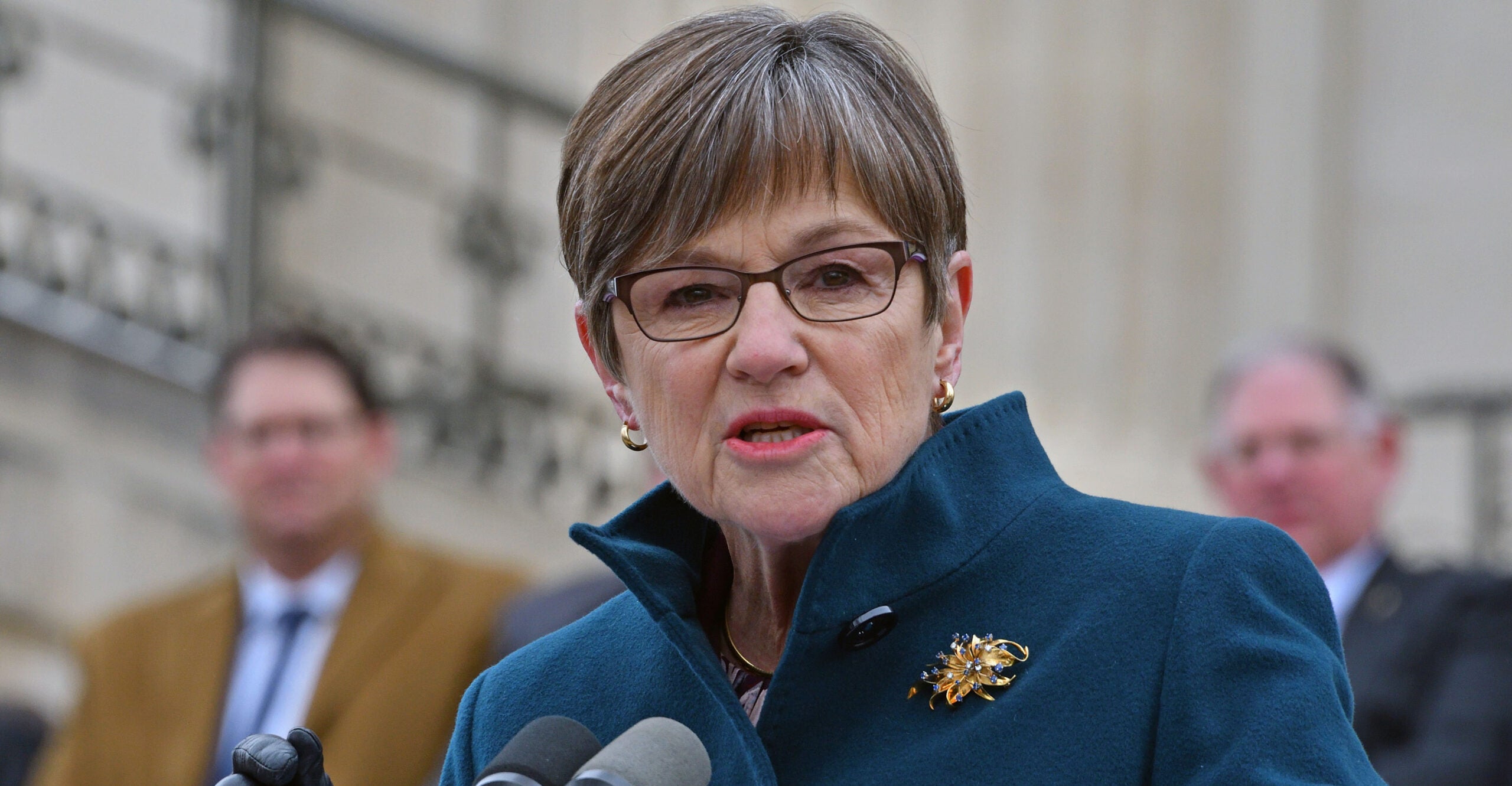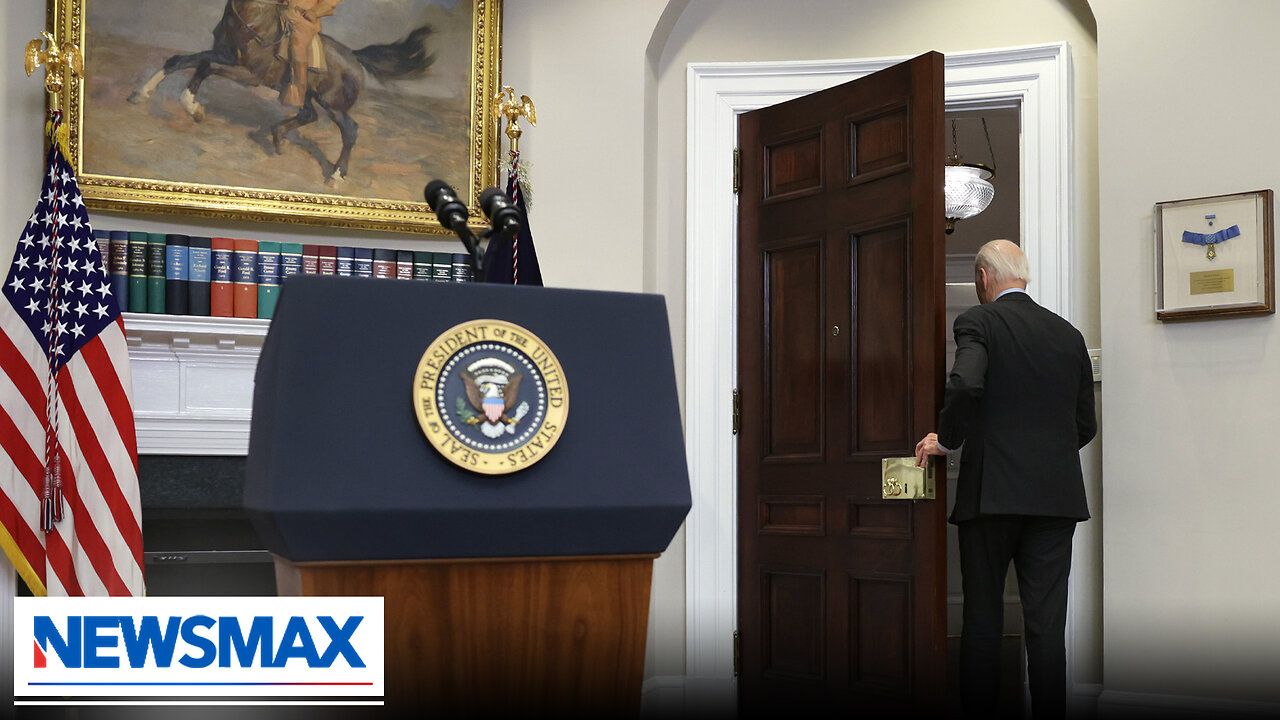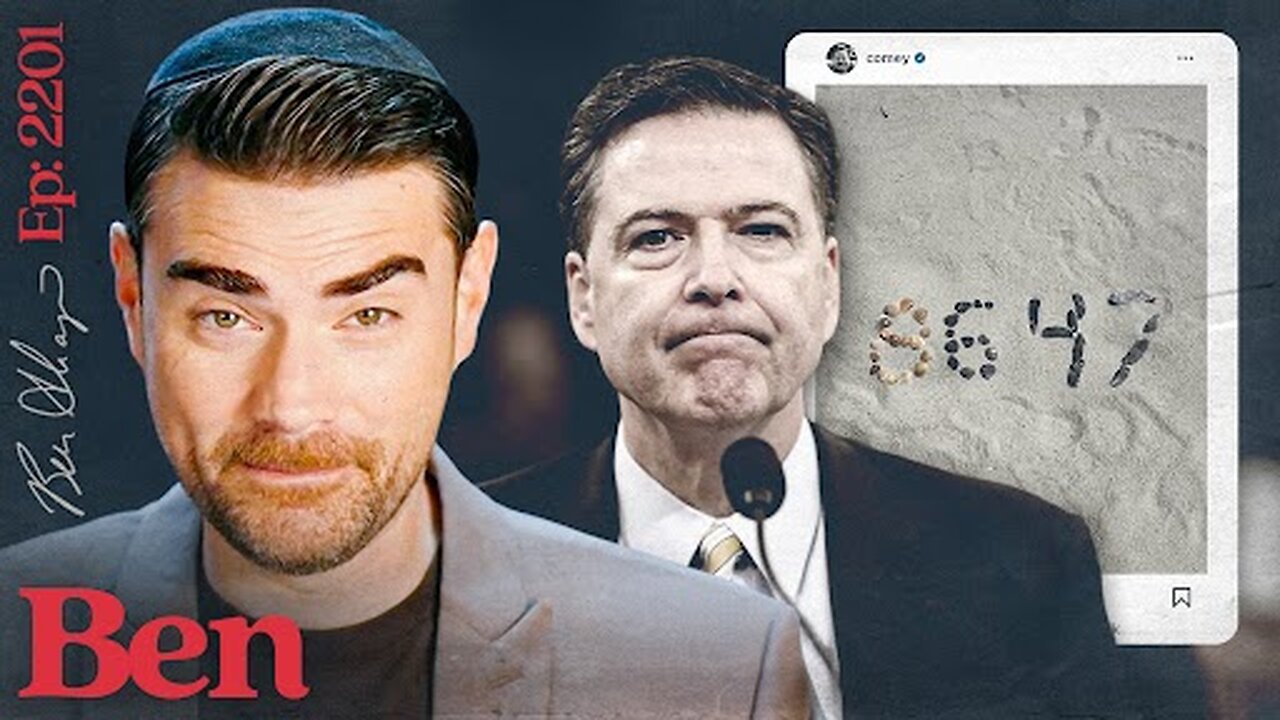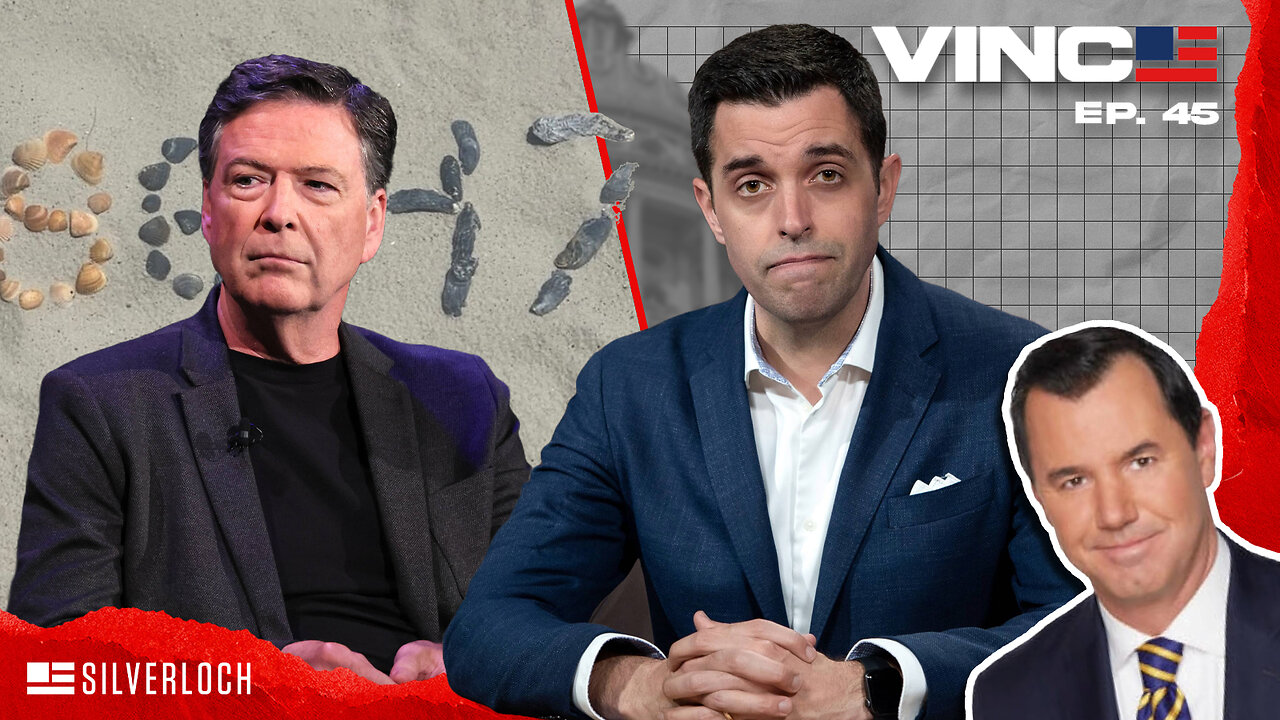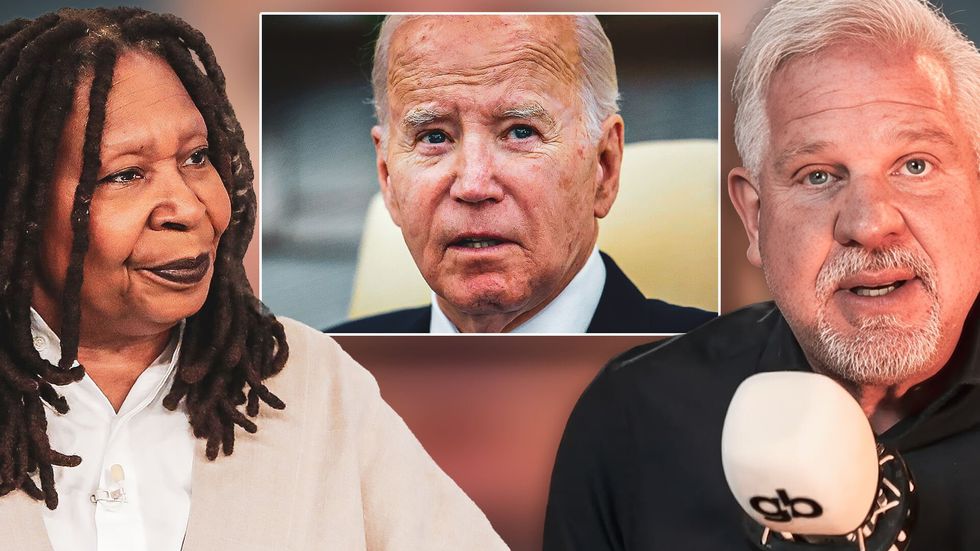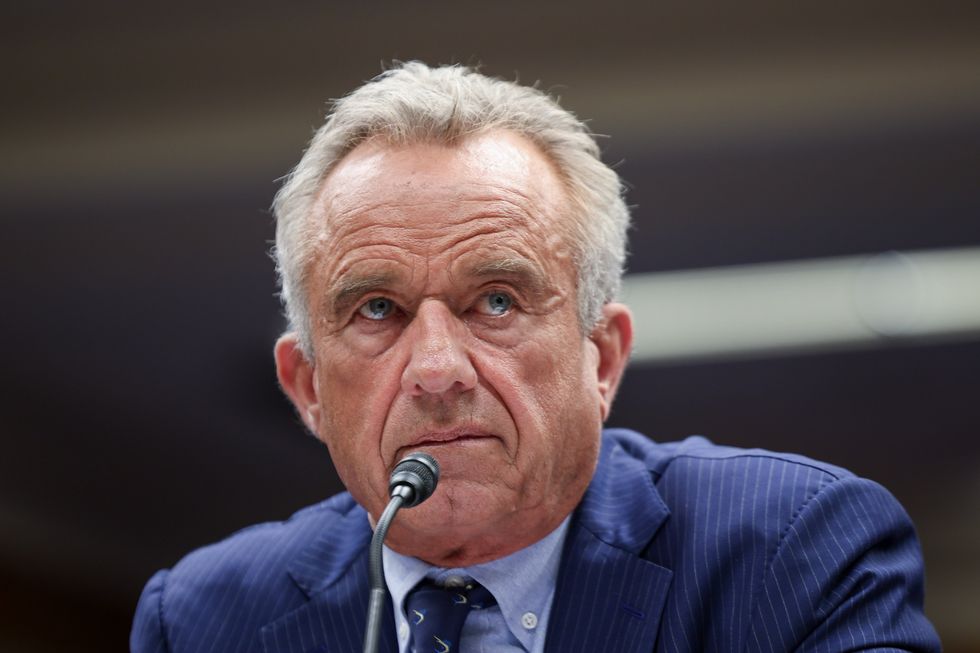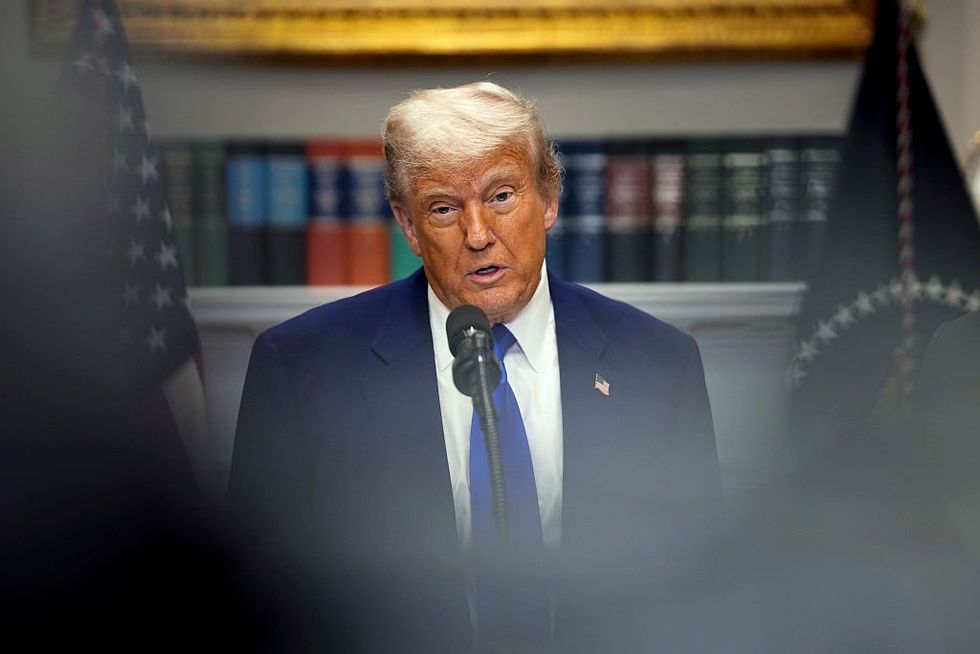WATCH: Rebels take over Damascus as 50 years of Syria’s Assad rule crumbles



JERUSALEM – Britain’s former prime minister Harold Wilson is said to have quipped, “A week is a long time in politics.”
If that were true of the United Kingdom 60 years ago, how much more so of the modern Middle East. The changes we have witnessed in just the last seven days are monumental and seismic, and are, in fact, difficult to overemphasize. They will reshape the religious, cultural, and political landscape for years, perhaps decades to come.
Indeed, one week ago, WND published an article “Assad regime in Syria teeters on the edge of oblivion,” in which it seemed clear the likely conditions of his potential ouster seemed closer at hand than they had in recent years.
Some have previously predicted the demise of the House of Assad and have been made to look somewhat foolish for doing so. However, there was something qualitatively different about this iteration of the pressure he faced.
Rebels and Civilians are looting the Central Bank of Syria in the Capital of Damascus today, with Millions said to have already been stolen from the Vaults of the Assad Family. pic.twitter.com/UcC9M90ZGT
— OSINTdefender (@sentdefender) December 8, 2024
Unreliable allies
One of the primary reasons for thinking Assad’s fall could be at hand, was from taking stock and assessing the condition of his formerly most steadfast allies; principally Russia and Iran (including Hezbollah).
As President-elect Donald Trump noted in a message he wrote regarding Syria on Truth Social, “His protector Russia, Russia, Russia, led by Vladimir Putin, was not interested in protecting him any longer.”
Trump gives credit to Israel for their successful fight against the Shite axis pic.twitter.com/NCA4Fu12vr
— Raylan Givens (@JewishWarrior13) December 8, 2024
Russia is embroiled in its Ukrainian quagmire, and if reports are to be believed, is relying on both North Korean and Houthi fighters to help bolster troop numbers, which have taken a hammering in nearly three years of war. It simply no longer had the wherewithal to continue propping up Assad, for what it might have viewed as providing diminishing returns on its investment. Ally this to the predicament in which Iran finds itself, and it is not too surprising the Russians have cut and run from this particular Middle Eastern theater.
Where Putin seemed to insert Russian forces as a way of backstopping the vacuum left by departing U.S. forces, following then-President Trump’s decision to do so in December 2018, Iran’s positioning is much more entrenched and complicated to unravel.
Tehran’s official relationship with Damascus has been a close one for decades; the Alawites, the minority sect from which the Assad family hails, is an ancient Shia Muslim sect, and as such has strong ties of fealty to the Islamic Republic. Hafez al-Assad, Bashar’s father, the former dictator of Syria until his death in 2000, was a staunch supporter of Tehran in the Iran-Iraq war, despite the fact his country bordered Saddam Hussein’s.
At the outbreak of the Syrian Civil War in 2011, Iranian backing for Bashar al-Assad was almost immediate – and from 2012, with the introduction of perhaps as many as 10,000 Hezbollah fighters in the country, a significant show of support. Indeed, one of the reasons Israel was especially wary of fighting this branch of the Islamic Revolutionary Guards Corps, or IRGC, was not simply because of the tens of thousands of missiles pointed at its population centers and sensitive military installations, but also the field experience of many of its commanders in the bitter fighting in Syria.
Furthermore, the successes the IDF achieved against both Iran and Hezbollah over the last four months or so, cannot be dissociated from what is taking place in Syria, nor should they be diminished. Iran and its Lebanese proxy have talked about their strengths, and how they would crush their enemy, particularly the hated Israel, however, their successes have been somewhat limited, especially when compared in the ledger to what they have lost.
When Iran launched its first mass ballistic missile strike on Israel in April, almost all of its projectiles were either shot down or failed to make it out of Iranian airspace. This seemed to be real-time evidence that for all its bellicose bluster, Iranian hardware seemed to be no match for the forces arrayed against it. Indeed, Israel’s subtle but powerful response of taking out a radar station with a weapon of which the Iranians had no idea, nor no equal, already put Tehran on the back foot – and impressed military people with both its guile and its message.
Israel’s elimination of Hamas chieftain Ismail Haniyeh in an IRGC compound in Tehran following the inauguration of Iran’s recently-elected President Masoud Pezeshkian – following the death in a mysterious helicopter crash of the previous president Ebrahim Raisi – was another blow to the country’s prestige. These messages were obviously directed at the Islamic regime and designed to denude its confidence, but it seems inarguable other enemies of Iran were also paying close attention.
Benjamin Netanyahu at the Syrian border:
“This is a historic day that creates new opportunities for Israel. The fall of the Assad regime – a direct result of the blows we delivered to Iran and Hezbollah.” pic.twitter.com/1sMP79GwWw
— Vivid. (@VividProwess) December 8, 2024
The legendary beeper attack, which largely incapacitated rather than killed thousands of Hezbollah operatives, was another factor in Iran’s weakening influence. In one fell swoop, Israel eliminated the threat of the group’s more senior leaders, many of them with hard-won experience from the battlefield, which accompanied with a ruthless campaign of targeted airstrikes of field commanders, continually weakened Hezbollah’s internal structure.
Indeed, it was this operation – and the one which followed it a day later targeting two-way radios, which pushed the terrorist group’s entire leadership to meet in person. And this was a direct causal link to their downfall, as the IDF eliminated all of Hezbollah’s top brass – including long-standing leader Hassan Nasrallah.
The plan, of course, was to rid Israel of its most dangerous and implacable enemies, but it had the effect of bolstering the dissident groups in Syria, who presumably assessed Asssad’s formerly reliable allies would either be unwilling or unable to ride to his rescue again. Even without their support, the speed with which this long-standing dynasty collapsed has shocked seasoned Middle East watchers, and it has left many wondering where the region goes from here.
What's Your Reaction?
 Like
0
Like
0
 Dislike
0
Dislike
0
 Love
0
Love
0
 Funny
0
Funny
0
 Angry
0
Angry
0
 Sad
0
Sad
0
 Wow
0
Wow
0
